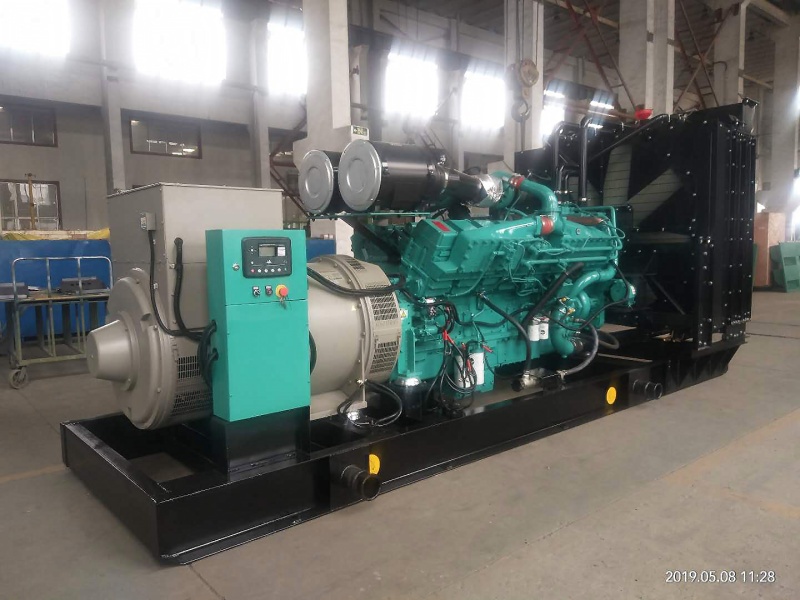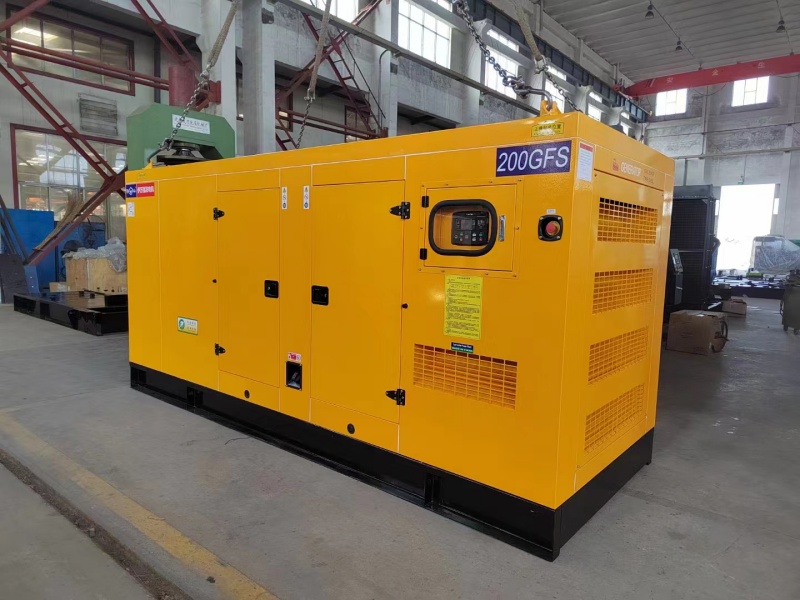Buy asphalt mixing plant
Buy Asphalt Mixing Plant: A Comprehensive Guide for Informed PurchasingThis guide provides a detailed overview of factors to consider when purchasing an asphalt mixing plant, helping you make an informed decision based on your specific needs and budget. We cover various types of plants, key specifications, and crucial considerations for successful implementation.
Choosing the Right Asphalt Mixing Plant
Investing in an asphalt mixing plant is a significant decision for any construction or paving company. The right plant can significantly improve efficiency, output, and overall project profitability. However, selecting the appropriate plant requires careful consideration of several key factors.
Types of Asphalt Mixing Plants
Batch Type Plants
Batch type asphalt mixing plants process asphalt in individual batches. They are generally smaller and less expensive than continuous plants, making them suitable for smaller projects or contractors with limited budgets. However, their production capacity is lower compared to continuous plants.
Continuous Type Plants
Continuous asphalt mixing plants offer higher production capacities and are ideal for larger projects requiring a steady stream of asphalt mix. These plants are more complex and require higher initial investment, but their efficiency compensates for the increased cost in the long run. Many larger paving companies utilize continuous plants for their high volume capabilities.
Mobile vs. Stationary Plants
The choice between mobile and stationary asphalt mixing plants depends on project requirements and location. Mobile plants offer flexibility and can be easily transported to different job sites. Stationary plants are permanently installed and generally offer higher production capacities and longevity, but lack mobility.
Key Specifications and Considerations
When selecting an asphalt mixing plant, several critical specifications must be carefully reviewed. These include:
Capacity
The plant's production capacity (tons per hour) is directly related to project needs. Consider the anticipated volume of asphalt required for your projects to determine the appropriate capacity.
Mixing System
Different mixing systems (e.g., pugmill, twin-shaft) offer varying levels of efficiency and mix quality. Research the advantages and disadvantages of each system to determine which best fits your project requirements.
Fuel Type
The fuel type (e.g., diesel, gas, electricity) influences operating costs and environmental impact. Evaluate the availability and cost of different fuel types in your region.
Automation Level
Modern asphalt mixing plants often incorporate automation features to improve efficiency and consistency. Consider the level of automation required and whether it aligns with your operational expertise.
Finding a Reputable Manufacturer
Selecting a reliable manufacturer is paramount. Research manufacturers with a proven track record of producing high-quality, durable equipment. Look for companies with robust after-sales support and readily available parts. Consider reaching out to existing customers for testimonials.
For example, Taian Yueshou Mixing Equipment Co., Ltd. (https://www.taysmix.com/) is a reputable manufacturer offering a range of asphalt mixing plants designed for diverse project needs. They pride themselves on quality, innovation, and excellent customer service.
Cost Analysis and Financing
The initial investment for an asphalt mixing plant can be substantial. Conduct a thorough cost analysis considering not only the purchase price but also operating costs, maintenance, and potential repairs. Explore various financing options to determine the most financially viable solution.
Maintenance and Operational Considerations
Regular maintenance is crucial to ensure the longevity and optimal performance of your asphalt mixing plant. Develop a comprehensive maintenance schedule to prevent costly breakdowns and ensure consistent production.
Conclusion
Purchasing an asphalt mixing plant is a significant investment. By carefully considering the factors outlined in this guide, you can ensure you select the right equipment to meet your specific needs, maximizing efficiency and profitability for your business.
Related products
Related products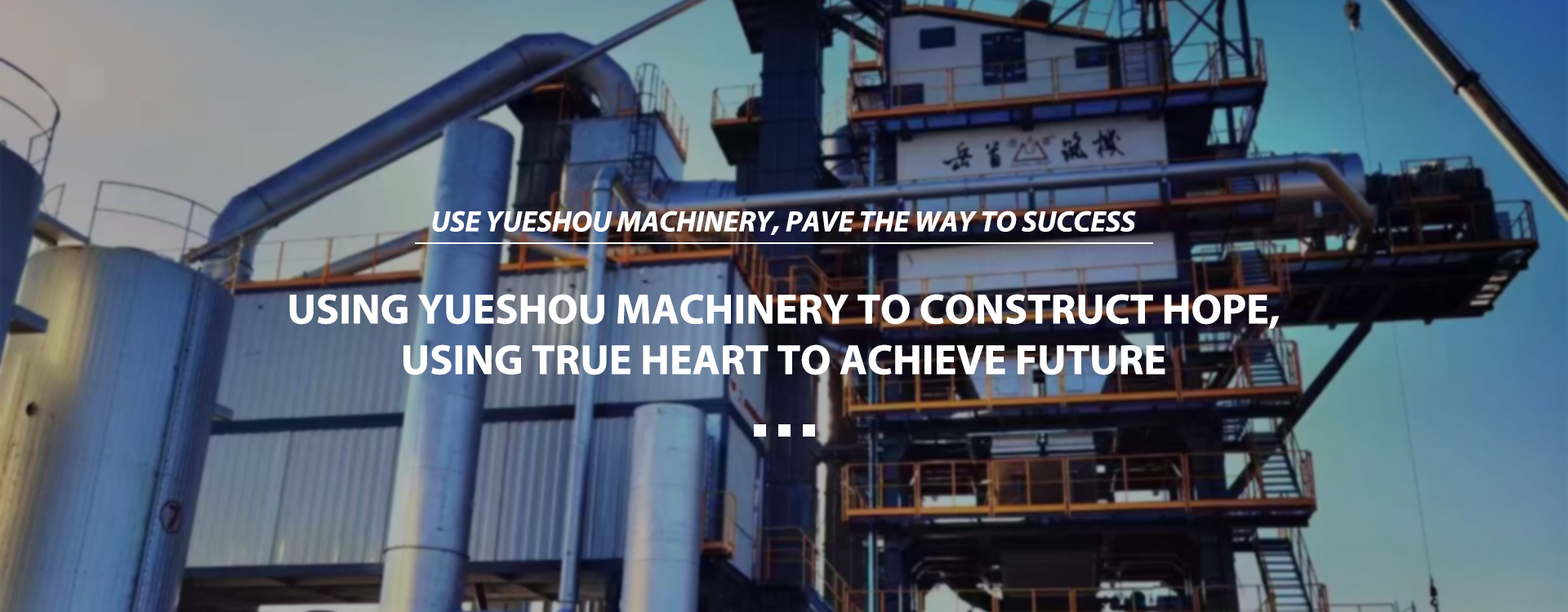
Best selling products
Best selling products-
 Concrete Batching Plant
Concrete Batching Plant -
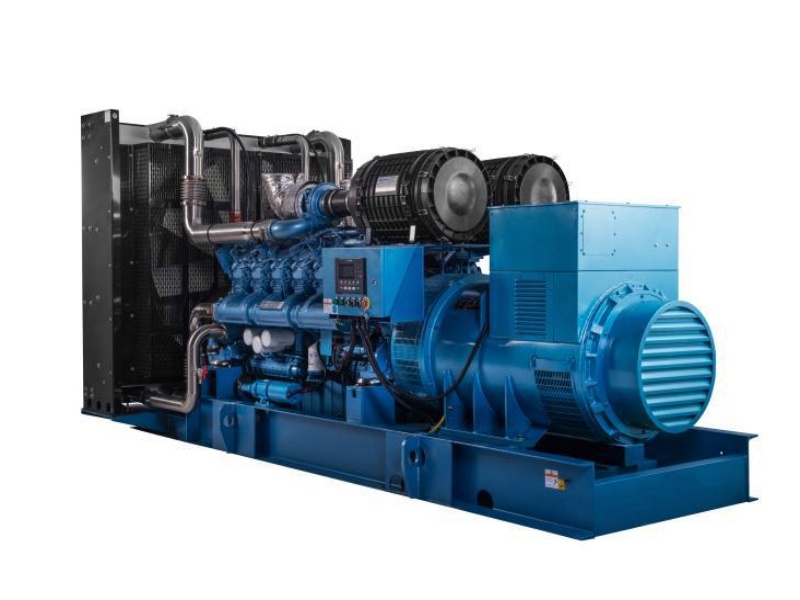 WEICHAI SERIES DIESEL GENERATOR SET
WEICHAI SERIES DIESEL GENERATOR SET -
 Moveable Type
Moveable Type -
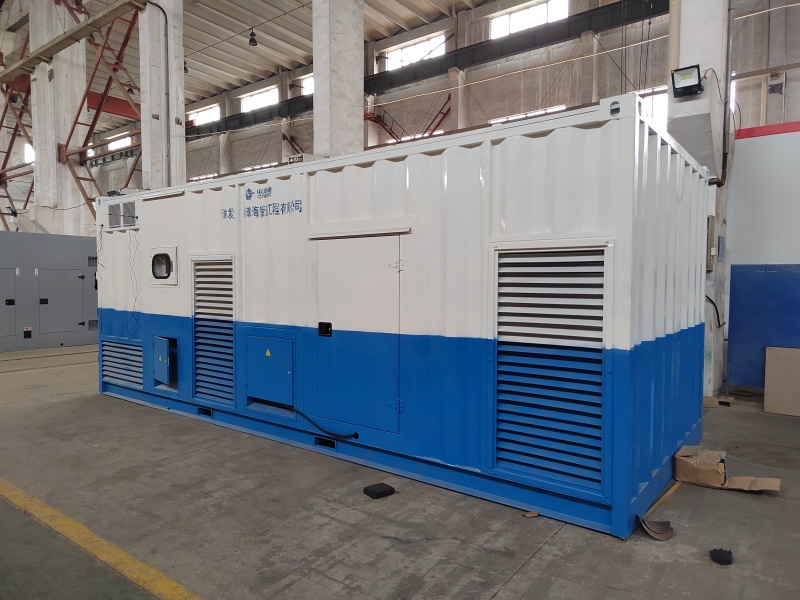 GENERATOR EXTENSION SERIES
GENERATOR EXTENSION SERIES -
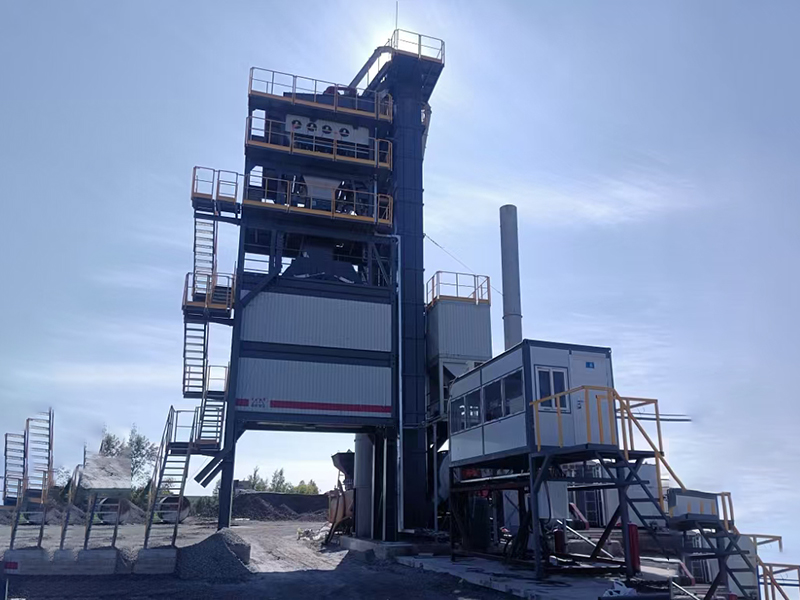 LB800 asphalt mixing plant
LB800 asphalt mixing plant -
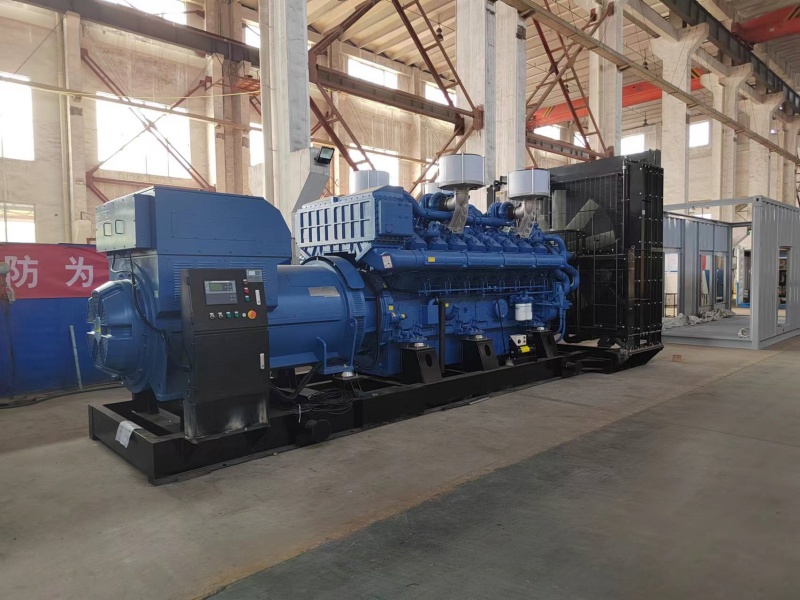 YUCHAI SERIES DIESEL GENERATOR SET
YUCHAI SERIES DIESEL GENERATOR SET -
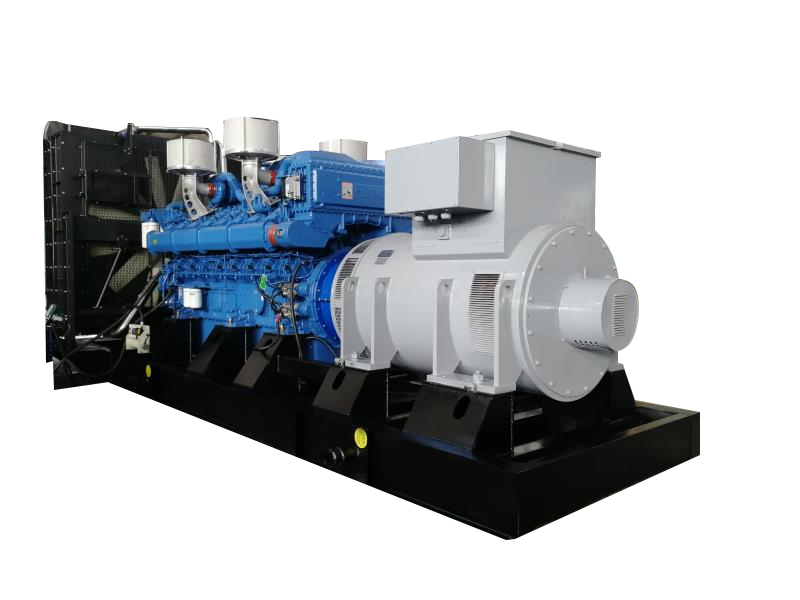 HIGH-VOLTAGE GENERATOR SETS
HIGH-VOLTAGE GENERATOR SETS -
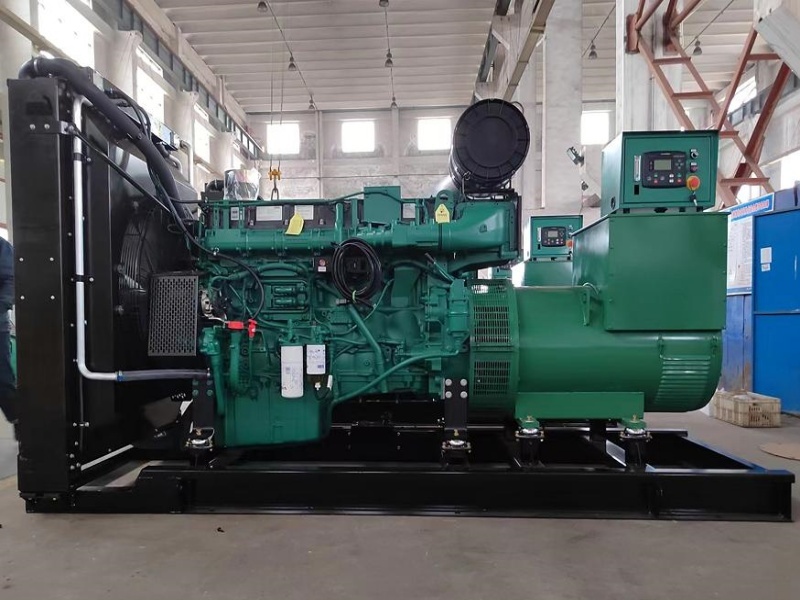 VOLVO SERIES DIESEL GENERATOR SET
VOLVO SERIES DIESEL GENERATOR SET -
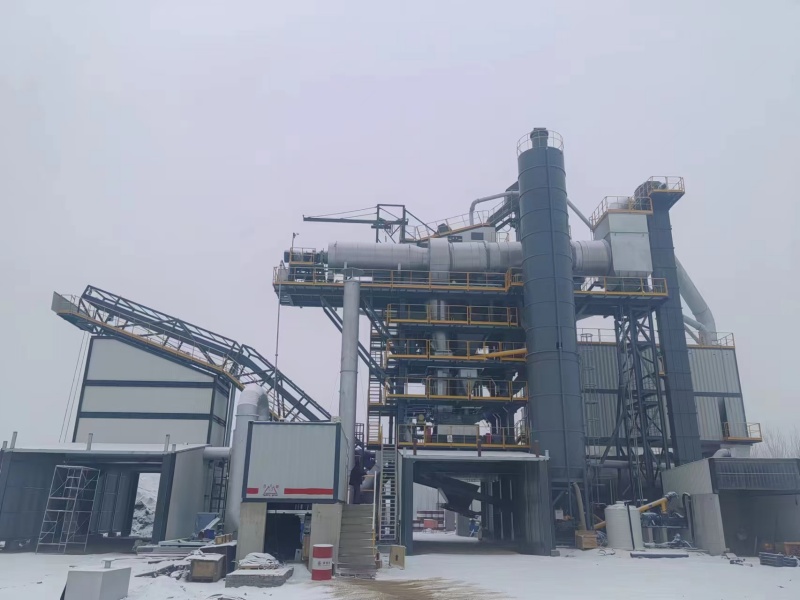 High Position Rotary Drum Type
High Position Rotary Drum Type -
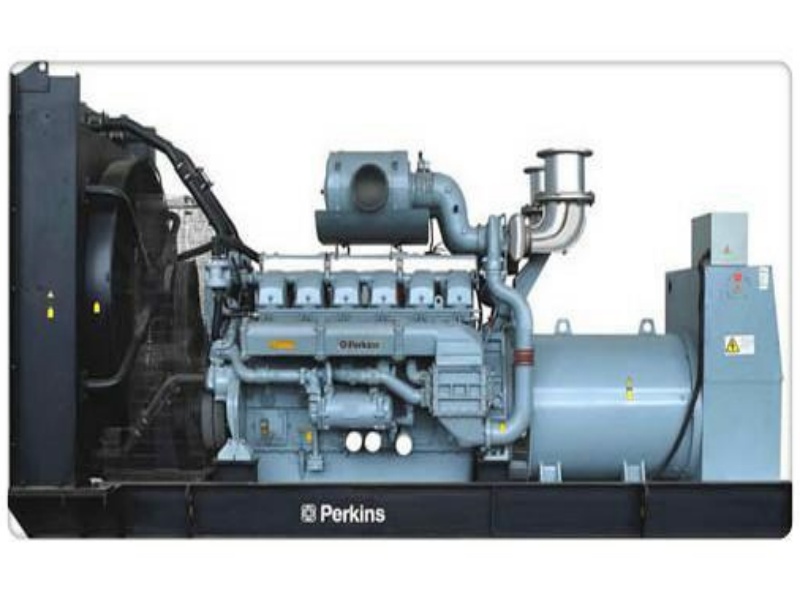 PERKINS SERIES DIESEL GENERATOR SET
PERKINS SERIES DIESEL GENERATOR SET -
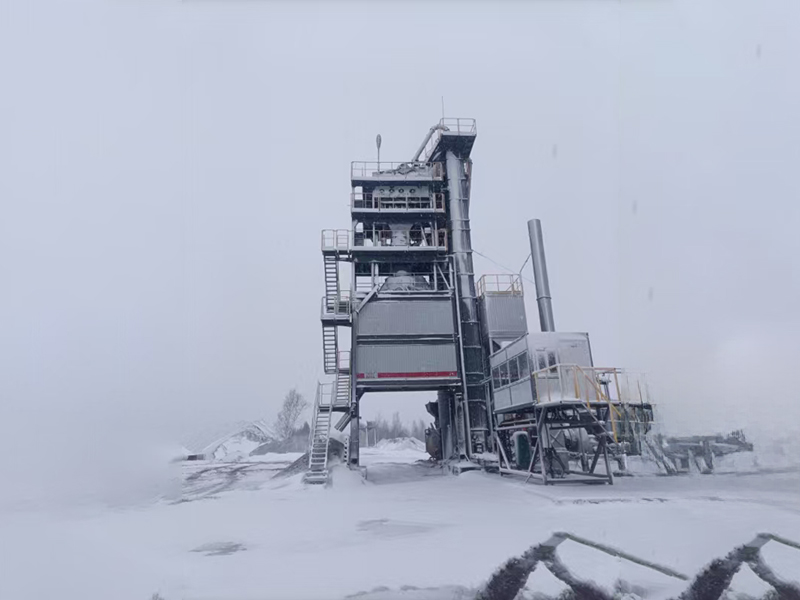 LB1000 asphalt mixing plant
LB1000 asphalt mixing plant -
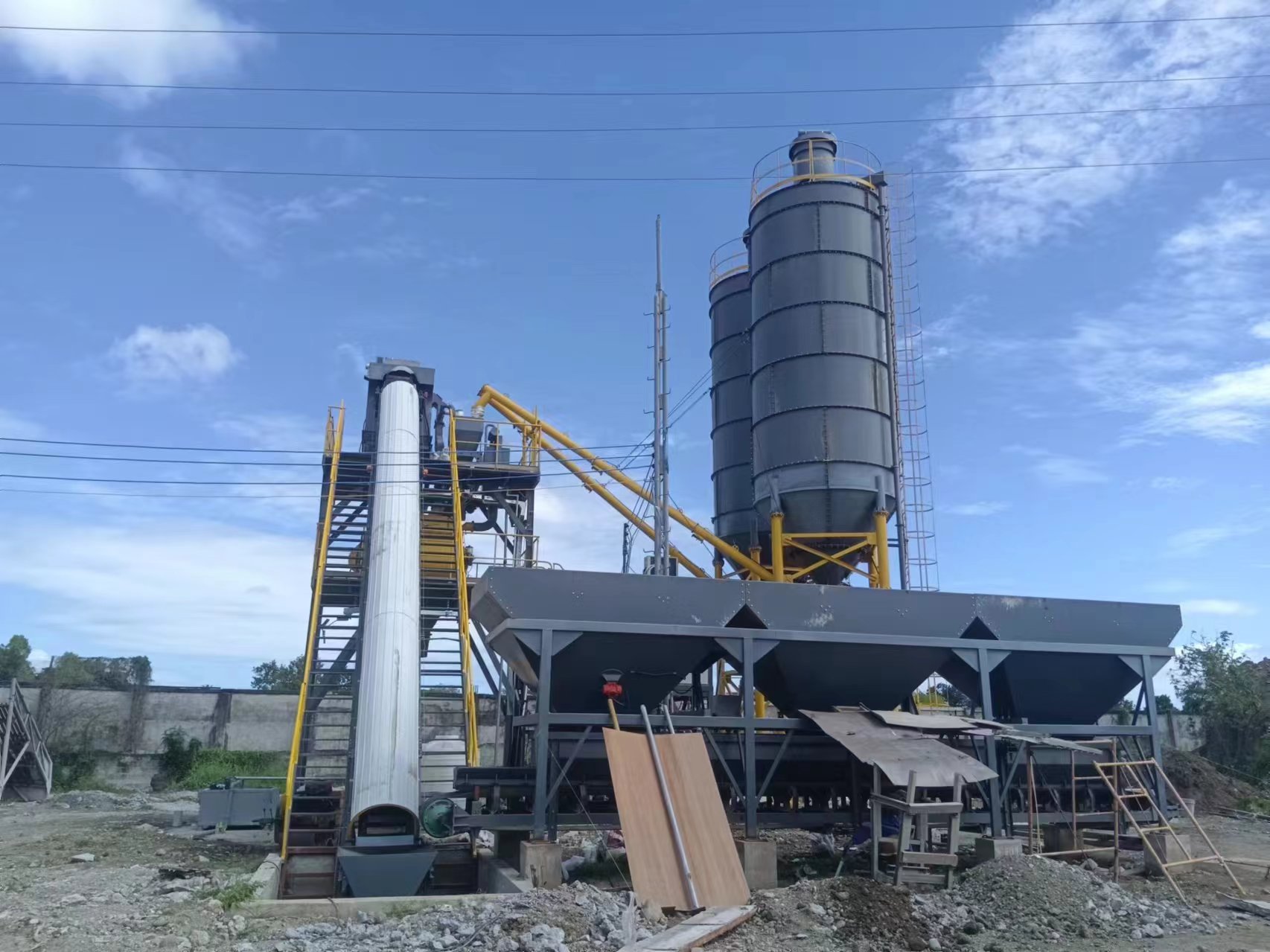 HZS60 concrete mixing plant
HZS60 concrete mixing plant
Related search
Related search- Famous asphalt mixing plant mobile
- High-Quality sany concrete batching plant Companies
- Buy elba concrete batching plant
- High-Quality sany concrete batching plant Exporters
- High-Quality mobile asphalt plant for sale Exporter
- CE Certification ready mix concrete plant setup cost
- Cheap concrete plant near me
- High-Quality fulton hogan asphalt plants Factory
- Best mobile asphalt plant for sale
- High-Quality fred smith asphalt plant Product

